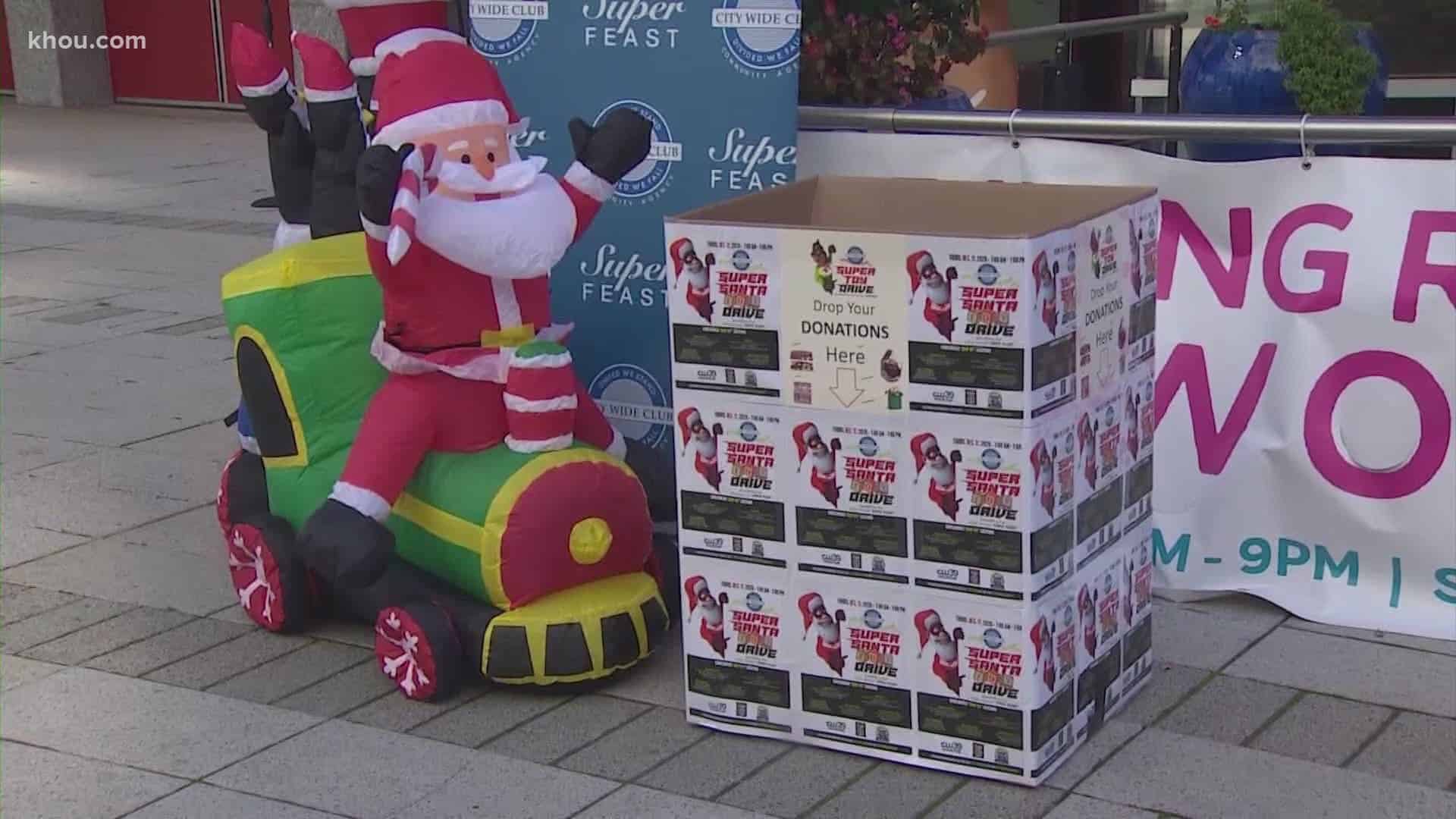? Where to Donate Toys in Houston Texas: A Parent’s Guide to Sharing Joy ?
Hey there, wonderful parents of Houston! ? Are you looking to sprinkle a little bit of happiness in someone else’s life? Got toys that your kiddos have outgrown or barely touched? You’re in luck, because you’re about to discover how simple and joyful it can be to donate toys in Houston, Texas! ? Unleash the power of giving and let’s turn those gently loved toys into treasures for other children.
? Why Donate Toys in Houston? ?
Before we dive into the where, let’s talk about the why. Donating toys does more than just clear out your closets – it has the power to brighten a child’s day and foster a sense of community. Plus, it’s an excellent way for your little ones to learn about generosity and gratitude. And let’s not forget, it’s a sustainable choice, reducing waste and giving toys a new lease on life.
? Local Shelters and Children’s Homes
First things first, local shelters, and children’s homes in Houston always appreciate toy donations. These are places where toys aren’t just fun – they’re a source of comfort for kids in difficult situations. You can start with organizations like Star of Hope Mission or The Children’s Assessment Center, where you can bring joy to children who truly need a reason to smile.
? Non-Profit Organizations and Charities
Next up, consider non-profit organizations and charities! Groups like Goodwill and The Salvation Army accept toys and sell them in their stores to fund programs that help those in need. There’s also Toys for Tots, a program run by the U.S. Marine Corps Reserve, which distributes toys to children whose parents cannot afford to buy them gifts for the holidays.
? Hospitals and Pediatric Centers
Hospitals and pediatric centers love to receive toy donations too! These toys bring comfort and entertainment to little ones facing medical challenges. Texas Children’s Hospital and Shriners Hospitals for Children are just two places where your toy donations can help make a child’s hospital stay a bit more pleasant.
? Libraries and Schools
Another fantastic option is your local library or nearby schools. Many of them have educational programs or play areas in need of new resources. Reach out to institutions like Houston Public Library or your neighborhood school to see if they’re accepting toy donations.
? What to Keep in Mind When Donating Toys
Before you grab that box of action figures or dolls, there are a few things to keep in mind:
- Quality matters – donate toys that are clean, working, and have all their parts.
- Think safety – ensure the toys you’re giving away meet the current safety standards and haven’t been recalled.
- Consider the age group of the recipient – toys that are appropriate for the intended age range will be much more beneficial.
Toy donations are a fabulous way to contribute to your community and give a helping hand to families in need. But remember, the real magic lies not in the toys themselves but in the act of giving and the love that comes with it. So let’s rally together, Houston, and spread some joy! ??
And we’re just getting started! In the following sections, we’ll detail the donation process, explore more specific organizations in need, and guide you in creating a toy donation tradition that could very well turn into your family’s favorite activity. Stay tuned to learn how your gently used toys can open up a world of possibilities for others, and instill a lifelong love of sharing in your children.

? 5 Things Parents Should Know When Preparing to Donate Toys in Houston, Texas ?
1. Sorting Your Toys
Begin by helping your children understand the importance of giving. Help them pick out toys they no longer play with but are still in good condition. As you sort, categorize the toys based on age appropriateness, and safety. Ensure that electronic toys have no frayed wires and battery-operated toys are corrosion-free.
2. Cleaning and Sanitizing
It’s essential we send out toys that are clean and hygienic. Wipe down all surfaces with a child-safe disinfectant or a warm soapy cloth, especially if the toys have been gathering dust. For plush toys, a cycle in the washing machine can bring them back to snuggle-worthy condition.
3. Researching the Recipient Organizations
Not every organization can accept all types of toys. Do your research to find the best fit for your donations. For example, Books Between Kids is a great place for educational toys and books, while DePelchin Children’s Center may prefer therapeutic play items. Each organization has its list of needs and restrictions; reach out to them or check their websites for details.
4. Packaging Thoughtfully
Consider reboxing toys or bagging them up neatly. If they come with multiple parts, ensure all pieces are secured together. This not only makes it easier for the organization to handle, but it also shows care and respect for the next owner of the toy.
5. Including Your Children in the Process
This step might be the most meaningful of all. Encourage your kiddos to write a note or create a drawing to accompany the toy. It personalizes the donation and adds an extra layer of joy for the receiver. It’s an excellent way for children to feel directly involved in the giving process.
Remember, toy donations are more than just a kind-hearted deed; they help nurture empathy and caring within our own families, which becomes part of the cycle of goodwill and generosity. By instilling these values early on, you’re not just clearing space in your home, but you’re also making space for growth, kindness, and understanding in your children’s hearts.
Alrighty, Houston parents! With this guide, you’re all set to make a positive impact in the lives of children across our amazing city. Whether you’re a seasoned giver or this is your first time venturing into toy donations, your efforts are going to light up the faces of many and make the world just a smidgen brighter. So, let’s get those toys together and spread the happiness! ??
See more great Things to Do with Kids in Texas here. For more information see here
Disclaimer
The articles available via our website provide general information only and we strongly urge readers to exercise caution and conduct their own thorough research and fact-checking. The information presented should not be taken as absolute truth, and, to the maximum extent permitted by law, we will not be held liable for any inaccuracies or errors in the content. It is essential for individuals to independently verify and validate the information before making any decisions or taking any actions based on the articles.




